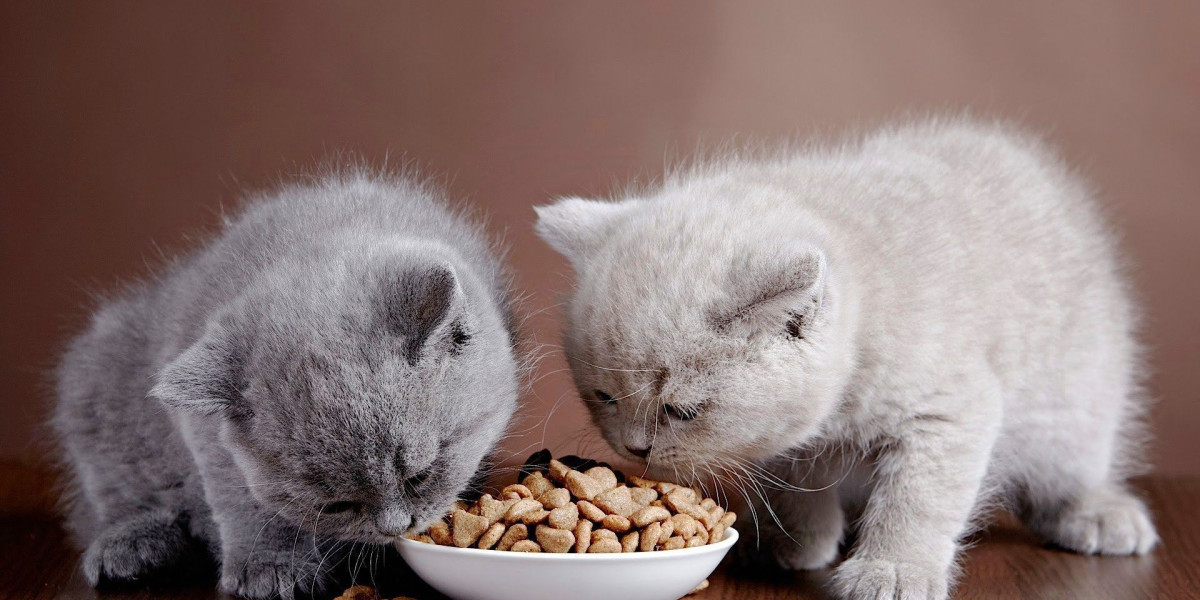For many cat owners, the question of feline vegetarianism or veganism is a complex one. With the rise of plant-based diets for humans, it's natural to wonder if our feline companions can follow suit. While the answer isn't a simple yes or no, delving into cat nutrition can help us navigate this intriguing topic.
Cats: Obligate Carnivores by Design
Unlike their omnivorous canine counterparts, cats are obligate carnivores. This means their bodies are specifically designed to extract nutrients from animal-based proteins. Their digestive system is shorter and simpler than ours, optimized for efficiently processing meat.
Here's what makes animal protein crucial for cats:
- Essential Amino Acids: Cats require a specific set of amino acids, the building blocks of protein, that their bodies cannot synthesize on their own. Animal sources like meat, poultry, and fish naturally contain these essential amino acids, ensuring optimal cat nutrition.
- Taurine: This amino acid plays a vital role in feline vision, heart health, and reproduction. It's almost exclusively found in animal-based foods.
- Arachidonic Acid: This essential fatty acid supports healthy skin and coat, as well as immune function. While some plant sources contain arachidonic acid, cats struggle to convert it from its plant-based form for optimal absorption.
The Plant-Based Revolution: Can Science Adapt Cat Nutrition?
With advancements in pet food technology, manufacturers are now creating plant-based alternatives specifically formulated for cats. These products are often fortified with essential amino acids, taurine, and arachidonic acid to mimic the nutritional profile of meat-based diets.
However, the long-term effects of plant-based diets on cats are still under investigation. Here are some key considerations:
- Limited Research: Most studies on plant-based diets in cats are observational, relying on owner reports. Long-term, controlled studies are needed to definitively assess the safety and efficacy of these diets for feline health.
- Nutrient Bioavailability: While plant-based cat foods can be fortified with essential nutrients, the question remains – can cats efficiently absorb these nutrients from plant sources compared to animal sources? More research is needed to understand the bioavailability of nutrients in plant-based cat food.
- Individual Needs: Just like humans, cats have varying nutritional needs. Factors like age, activity level, and health status can all influence their dietary requirements. Consulting a veterinarian is crucial before transitioning your cat to a plant-based diet.
Weighing the Options: A Balanced Approach to Cat Nutrition
The decision of whether or not to feed your cat a plant-based diet is a personal one. Here are some points to consider as you navigate this topic:
- Your Cat's Health: Prioritize your cat's well-being above all else. If they have any underlying health conditions, consult your veterinarian before making any dietary changes.
- Veterinarian Guidance: Your veterinarian is your best resource for understanding your cat's specific cat nutrition needs. They can help you evaluate potential risks and benefits of plant-based diets and recommend the best course of action for your feline friend.
- Gradual Transition: If you choose to introduce a plant-based diet, transition your cat gradually over several weeks to minimize digestive upset.
Conclusion: Prioritizing Optimal Cat Nutrition
While the science behind plant-based diets for cats is evolving, the importance of proper cat nutrition remains constant. Regardless of your dietary choices, ensure your cat receives all the essential nutrients they need to thrive. By working with your veterinarian and staying informed about the latest research, you can make the best decisions for your feline companion's health and happiness.
Additional Tips for Optimal Cat Nutrition:
- Fresh Water is Key: Always provide your cat with access to clean, fresh water. Hydration is crucial for overall health and digestion.
- Monitor Food Intake: Pay attention to your cat's weight and adjust portion sizes accordingly to maintain a healthy body condition.
- Regular Checkups: Schedule regular veterinary checkups to monitor your cat's health and receive personalized cat nutrition advice.
Remember, a happy and healthy cat is a purrfect companion. By prioritizing their nutritional needs, you can ensure they live a long and fulfilling life by your side.








